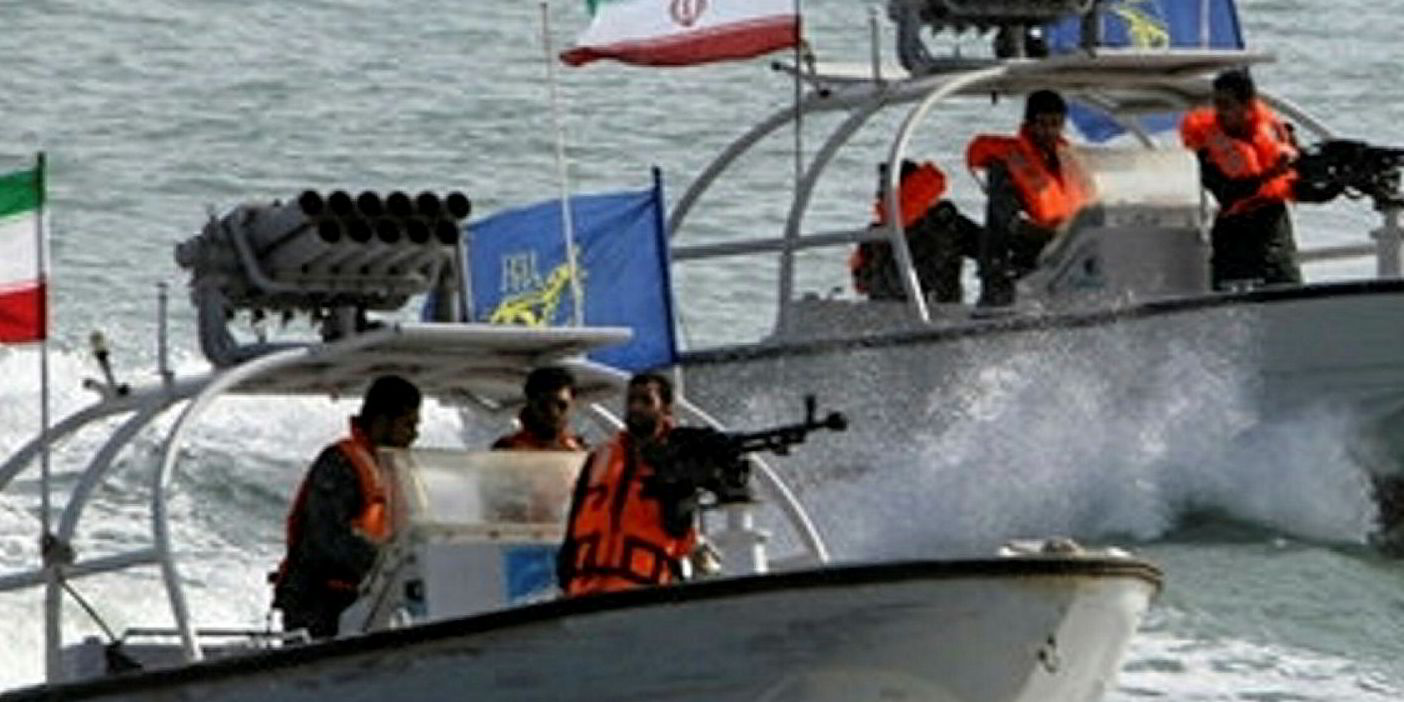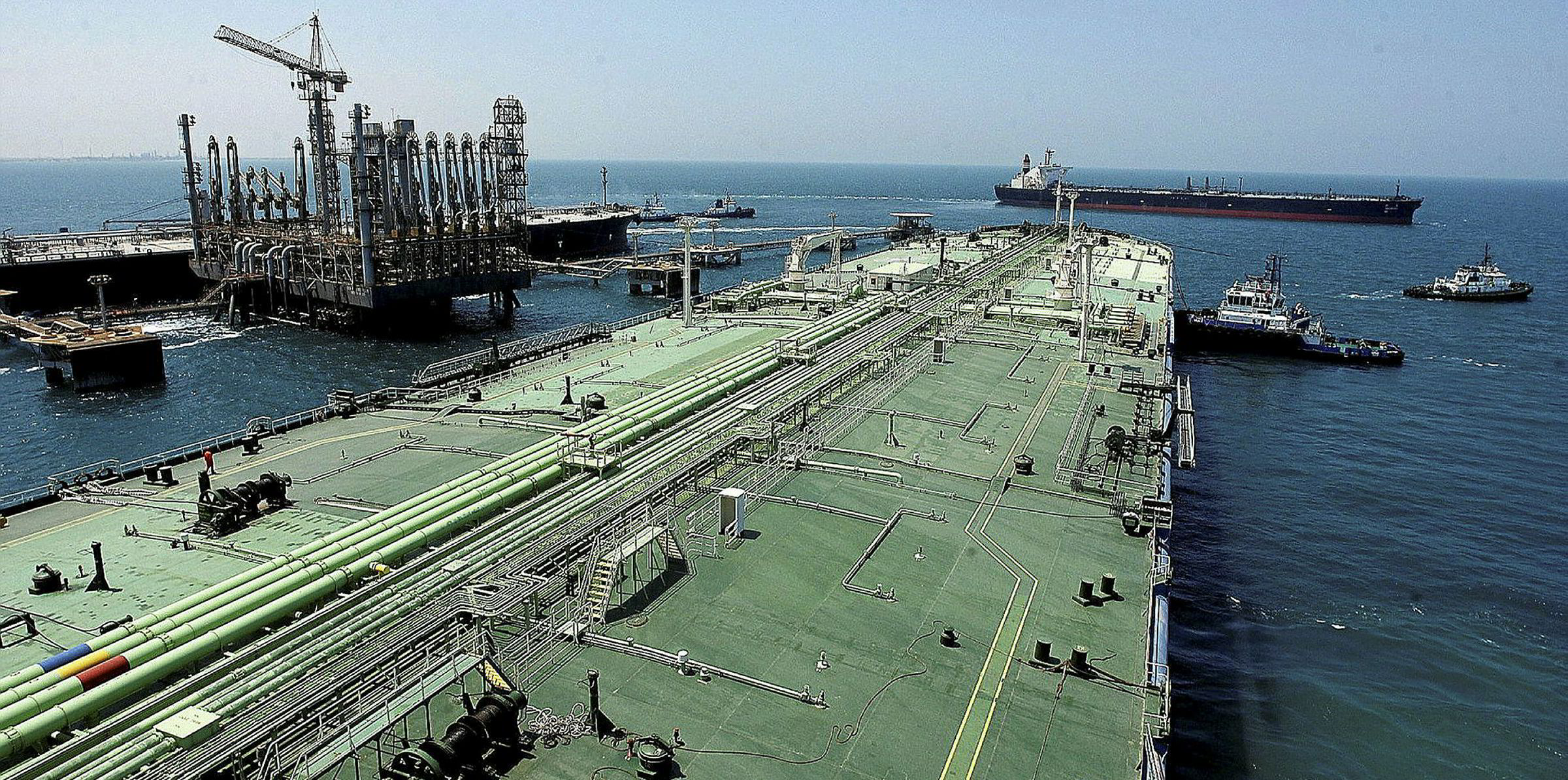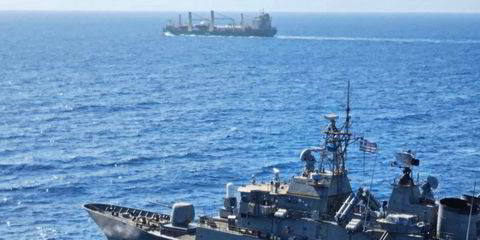HFW partner Richard Neylon has warned shipowners against turning to armed guards as they review their security arrangements, following the recent attacks in Saudi Arabia.
Neylon was actively involved as a lawyer representing shipowners during the Somalia piracy crisis around 2008, when armed guards eventually helped stamp out the problem.
But this time guards not the right answer, he said, speaking at the International Union of Marine Insurance Conference (IUMI) conference in Toronto, following the weekend attacks on a Saudi Arabian oil refinery.
Instead, extra crew onboard ships could help owners improve security, he suggested.
“I am yet to be persuaded armed guards would be of any value,” he said. “Against a state action it does not seem to be the appropriate response.”
“Increased vigilance, however, does play a part. So maybe owners need support and I can see the value of extra people onboard vessels,” he said.
The attacks have brought back the issue of ship security for owners operating in the Middle East Gulf, Neylon said, and owners will have to consider their options as the security crisis in the region continues.
“The area is unstable, and looks like being unstable for a while, shipowners will have to take precautions for some time,” he said.
Neylon told the IUMI conference that in insurance terms he saw the current crisis and recent attacks on tankers as principally a matter for “good old fashioned war risk cover”.
He said that the “capture, seizure and restraint” clause in war risk cover could come back into play with instances like the seizure of the 50,000-dwt Stena Impero (built 2018).
However, the clause has proved to be contentious in the past, he said.
“Every time there is a case there seems to be a dispute,” Neylon explained.
He also drew parallels between the recent attacks on tankers in the Strait of Hormuz to the 2002 attack on the 300,000-dwt Euronav VLCC Limburg (built 2000) off Yemen by Al Qaeda.





